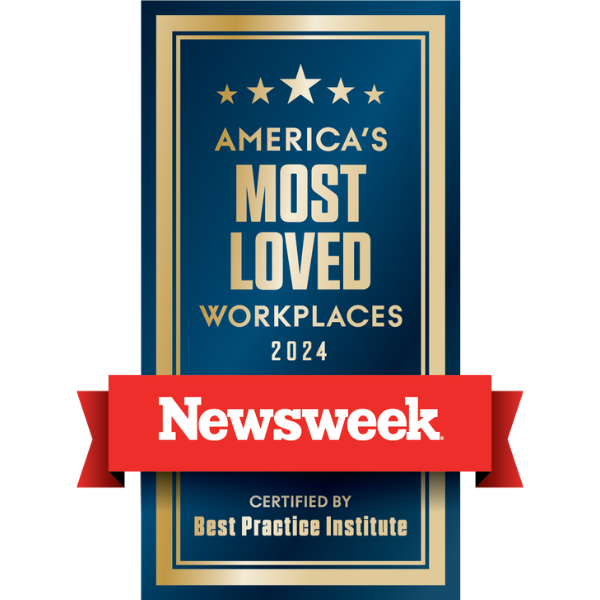Stonestreet, chief executive of HomeTrust Bank in Asheville, told the assembly of bankers that some of them would be laid off when his company acquired Bank of Commerce in a $10 million deal announced this spring.
The tactic won Stonestreet high praise from Wes Sturges, chief executive of Bank of Commerce and longtime boss of some of the soon-to-be displaced workers. Sturges, who will retire after the merger is completed, says Stonestreet earned respect from his new colleagues because he chose to be honest with employees rather than speak vaguely about expense savings.
“He stood up in front of everyone and said, ‘To make this merger work, some of you will lose your jobs, and I’m so sorry,’ ” Sturges recalls. “It was very sincere.”
Says Stonestreet: “That is the hardest part of bringing banks together.”
As merger and acquisition activity heats up in Charlotte’s banking scene, Stonestreet and Sturges say they’ve chosen to focus on company culture and relationships with people as they plot their course. Across the industry, banks are looking to consolidate for expense savings and to gain share in attractive markets. There has been a lot of focus on finding cheap deposits, stable loan portfolios and market-share growth opportunities.
All of those things are important to Stonestreet, too. But he says getting the other side of the equation right is just as important.
“The real key is shared values and shared culture,” he says. “You can put it all on a spreadsheet, but spreadsheets don’t execute. People do.”
Stonestreet has experience bringing small banks together. During the past decade, HomeTrust has embarked on an aggressive growth plan. First, the former mutual savings bank orchestrated a partnership of seven small mutual savings institutions across North Carolina. Then more recently it converted to stock ownership and continued its expansion, agreeing to buy banks in Greenville, S.C., east Tennessee and now Charlotte. Once completed, the acquisitions will give the lender more than $2 billion in assets.
HomeTrust eyed Charlotte because of its growing economy and proximity to the bank’s territory in western North Carolina and Upstate South Carolina. But Stonestreet decided to get to know Sturges more before proposing a merger. So last year they met for dinner in Charlotte.
“I never even brought up merging with me,” Stonestreet says. “We learned the value in relationships way, way back. Even with stock involved, people have to come together.”
Of course, those discussions did follow. And Sturges says they talked company culture before selling price.
“The first thing we did was share our core-values documents before we looked at any numbers,” Sturges says.
That’s not to say numbers aren’t important. Bank values have improved greatly in the last two years, and that improvement is a driving force behind industry deals. In the past six months, half a dozen such deals in North Carolina have been announced as sellers have become more willing to cash in and buyers feel pressure from investors to grow. Recent buyers include HomeTrust, Park Sterling Bank, Bank of North Carolina, NewBridge Bank and Yadkin Bank.
Another empirical factor driving deals: Many banks, including Bank of Commerce, find themselves in need of a strong balance-sheet partner to help offset rising compliance costs and a difficult lending environment. Finding a merger partner that can deliver on those fronts is often a bigger motivator than finding a similar culture.
In a recent research note to clients, brokerage firm Sterne Agee said buyers will be most successful if they have a premium currency, favorable positions in less-competitive markets and the ability to leverage expense savings. “Buyers with one or more of these attributes, coupled with the fatigue from subpar profitability and/or capital constraints that exist at smaller banks, should drive a steady increase in deal flow over the next few years,” the firm notes.
Professional-services firm KPMG also notes in a recent report that smaller deals will likely dominate most industries in 2014.
Still, the firm knows culture is just as important as size, says Rob Coble, national corporate transactions leader. “The evaluation of a target’s culture is among the most challenging issues to contend with during the due-diligence process.”









